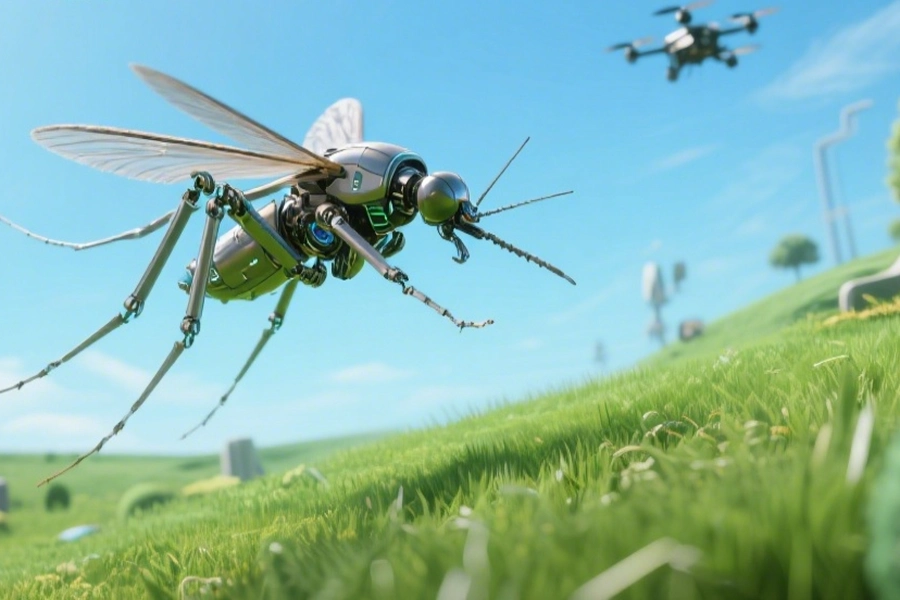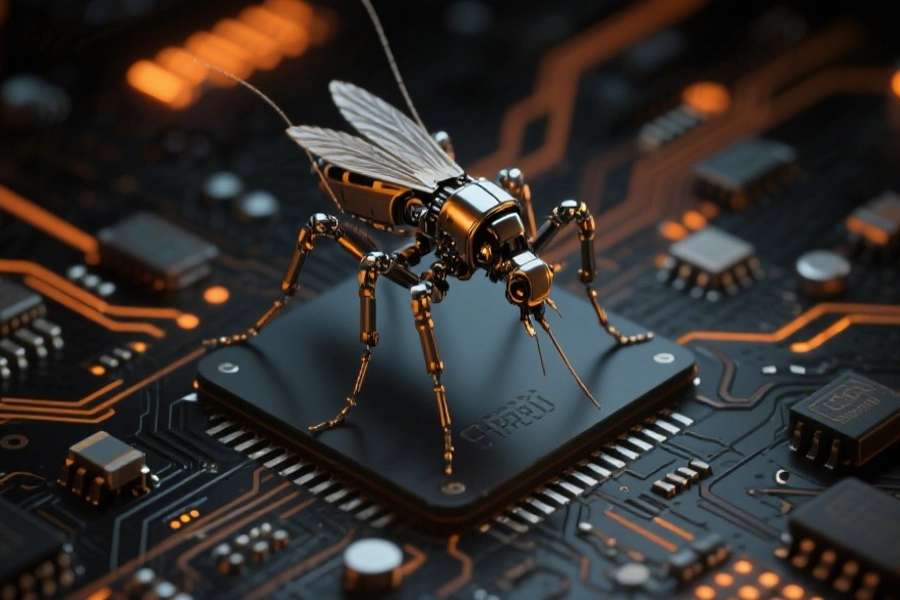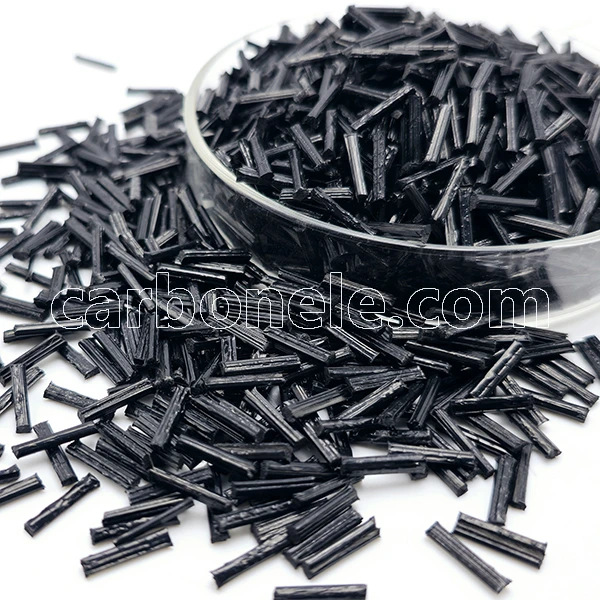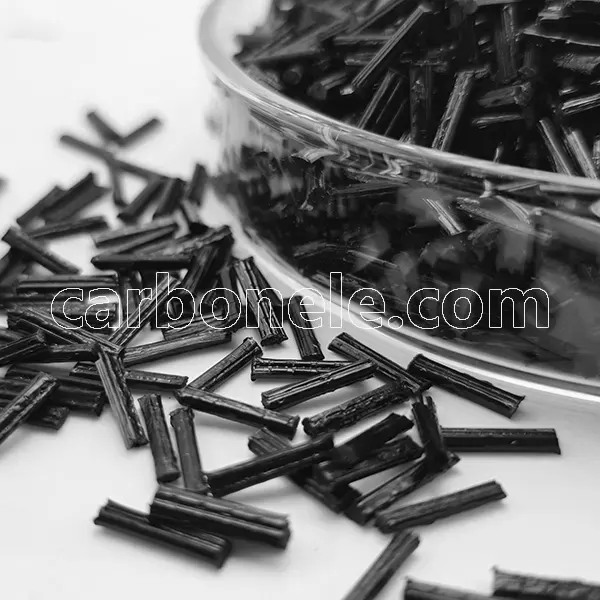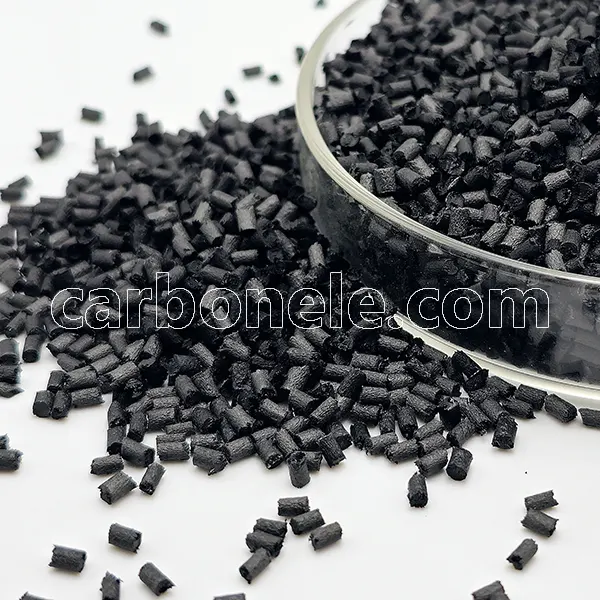World's First Mosquito-Sized CFRTP Bionic Robot Achieves Breakthrough In Micro-Robotics - Carbon Fiber Compounds Manufacturer | Supplier
Pioneering CFRTP micro-robot (15mm³, 2.5mg) mimics mosquito flight with 150Hz wings. Featuring 30% carbon fiber reinforcement (1.2GPa strength), it withstands 300℃ and excels in medical/environmental applications. Breakthrough includes 450MPa/(g/cm³) specific strength and 10⁷ cycle durability.
A leading Chinese research institution has recently developed the world’s first bionic robot based on carbon fiber reinforced thermoplastics (CFRTP), with a compact size of just 15mm³ and an ultra-lightweight of only 2.5mg – comparable to a mosquito. This groundbreaking achievement represents a new era in the integration of advanced composite materials and bionic robotics technology.
The development of this micro-robot fully leverages the unique advantages of carbon fiber reinforced plastics. Through synergistic innovation in MEMS technology and composite material processes, multiple technological breakthroughs have been achieved. Test data shows that the robot’s main structure, made from composite material containing 30% carbon fiber, achieves a specific strength of 450MPa/(g/cm³) – more than three times that of traditional aluminum alloys. The research team successfully integrated a complete system including MEMS accelerometers, micro-drive motors and wireless communication modules within an 8mm³ space.
In terms of material applications, researchers have innovatively combined the characteristics of carbon fiber composites with bionic principles:
-
Using carbon fiber reinforced composite material with tensile strength of 1.2GPa to achieve strength-to-weight ratio comparable to insect exoskeletons
-
Reproducing the 150Hz high-frequency wing flapping motion of mosquitoes through precision molding processes
-
Utilizing the thermoplastic material’s reshapeable property at 80℃ to achieve flexible deformation capability
This micro-robot demonstrates unique value across multiple civilian applications:
-
Disaster rescue: The material maintains 85% of its original strength at 300℃, enabling 30-minute operation in fire scenarios
-
Medical detection: ISO 10993 biocompatibility certified for developing in-vivo diagnostic robots
-
Environmental monitoring: Annual corrosion rate below 0.01mm in pH2-12 corrosive environments
-
Industrial inspection: Fatigue life reaching 10⁷ cycles, suitable for long-term monitoring tasks
In healthcare applications, experiments show the material experiences less than 5% performance degradation after gamma-ray sterilization, enabling development of reusable micro-medical robots. This technological breakthrough demonstrates the tremendous potential of advanced composites in micro-robotics, with 40% higher energy efficiency than similar products, charting new directions for future smart material development.
Previous News
Carbon New Material Delivers 2.5 Tons of PEI CF...Next News
PP-CF 10 Launched: Breakthrough Performance
Feature Product
-
PA12 LCF30 for Drone Fuselages & Wings
What do you know about PA12 LCF30? PA12 ...
-
Competitive Price PA6 LCF30 Composites
What’s it? PA6 LCF30, which stands...
-
ABS CF10 Compound ABS 10%CF Thermoplastic Compo...
What’s ABS CF10? ABS CF10 refers t...







